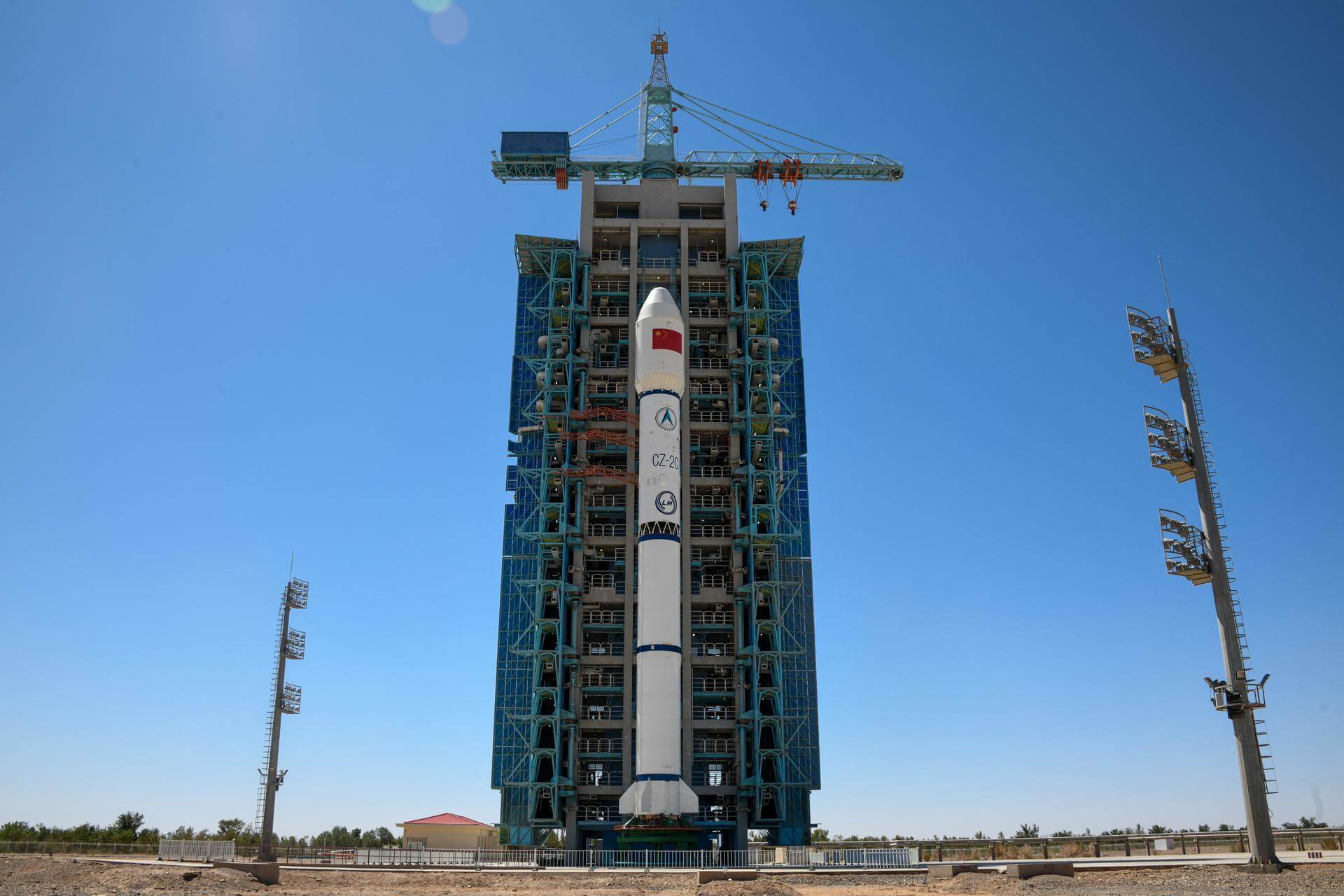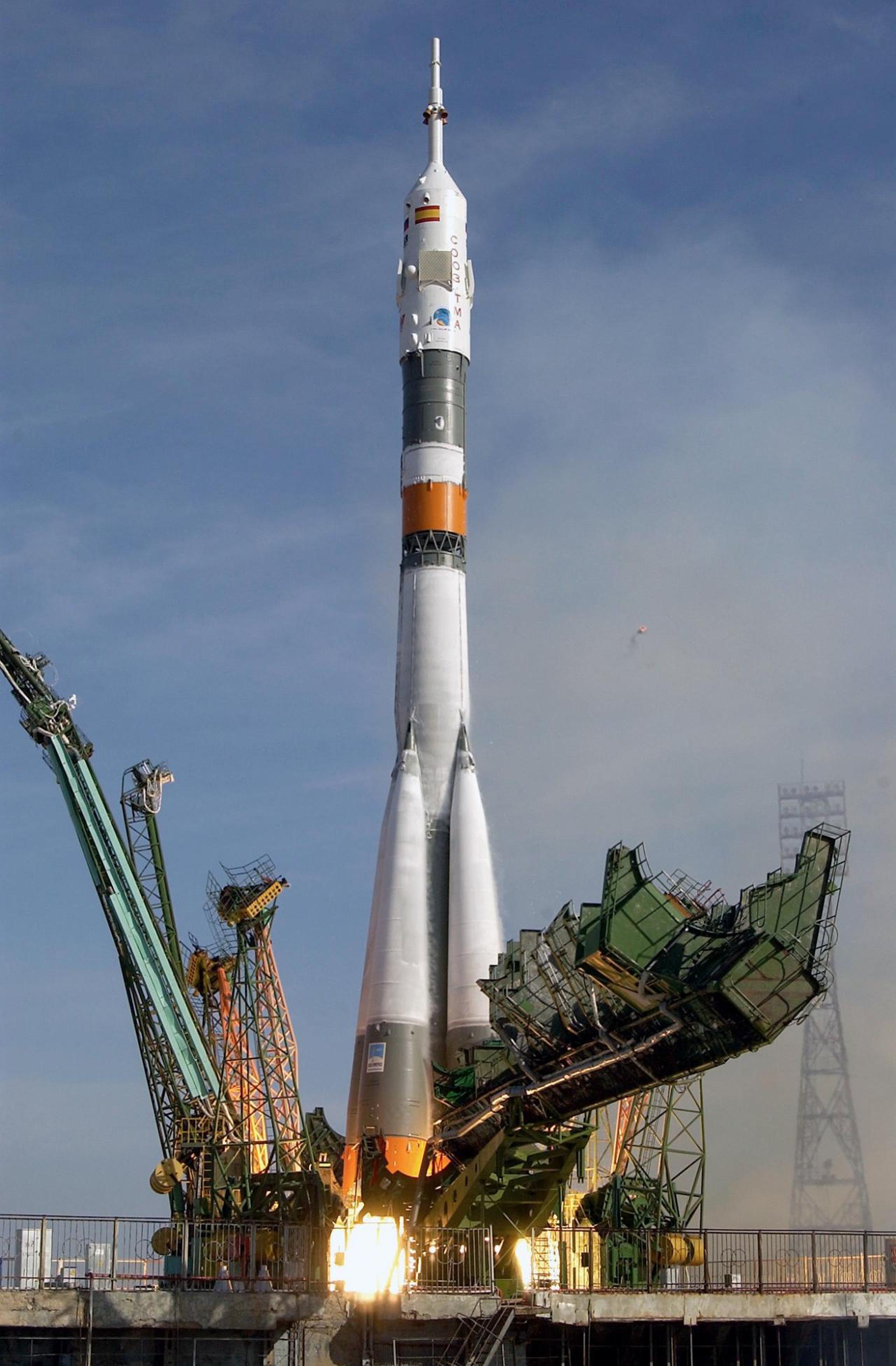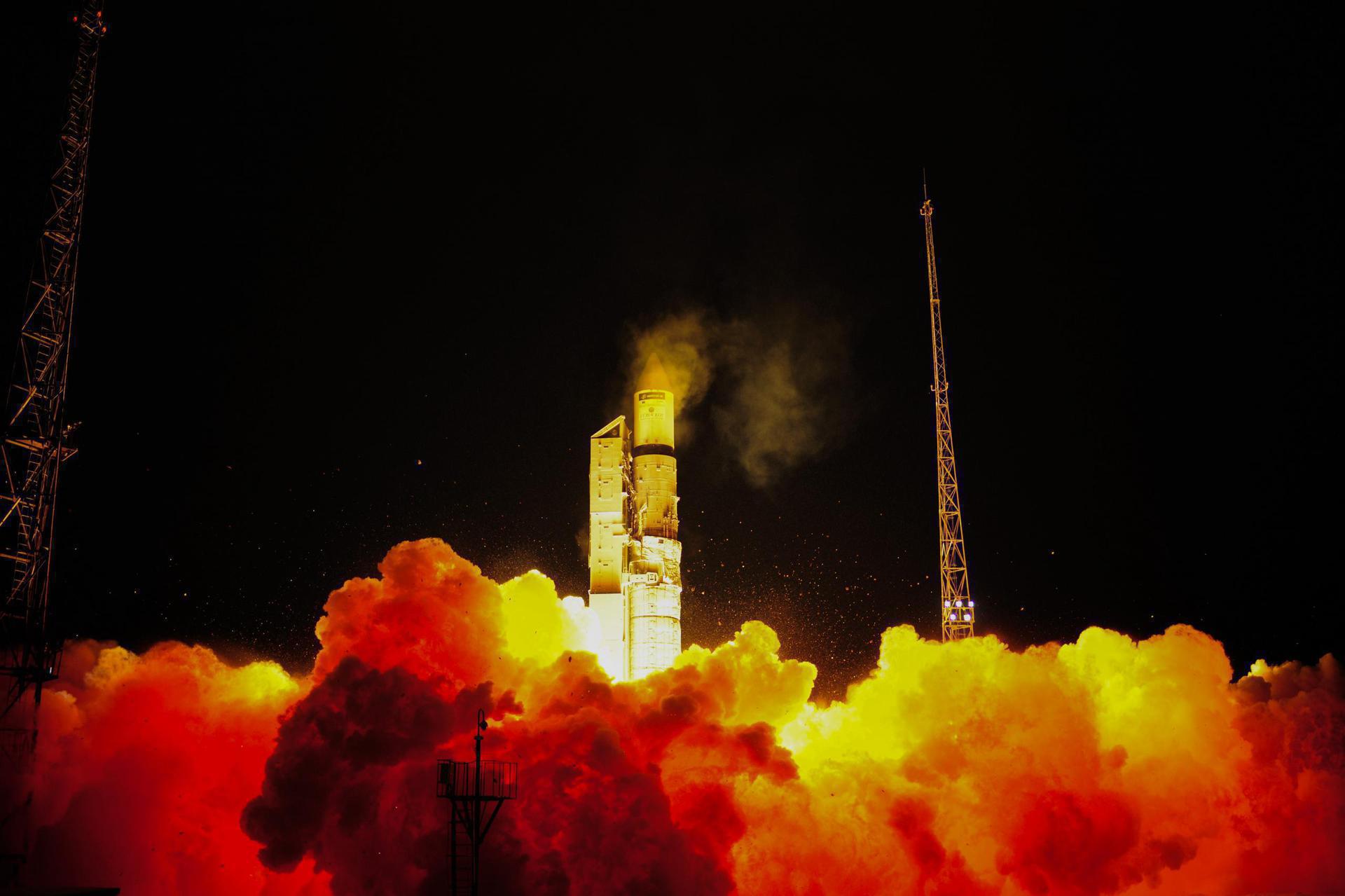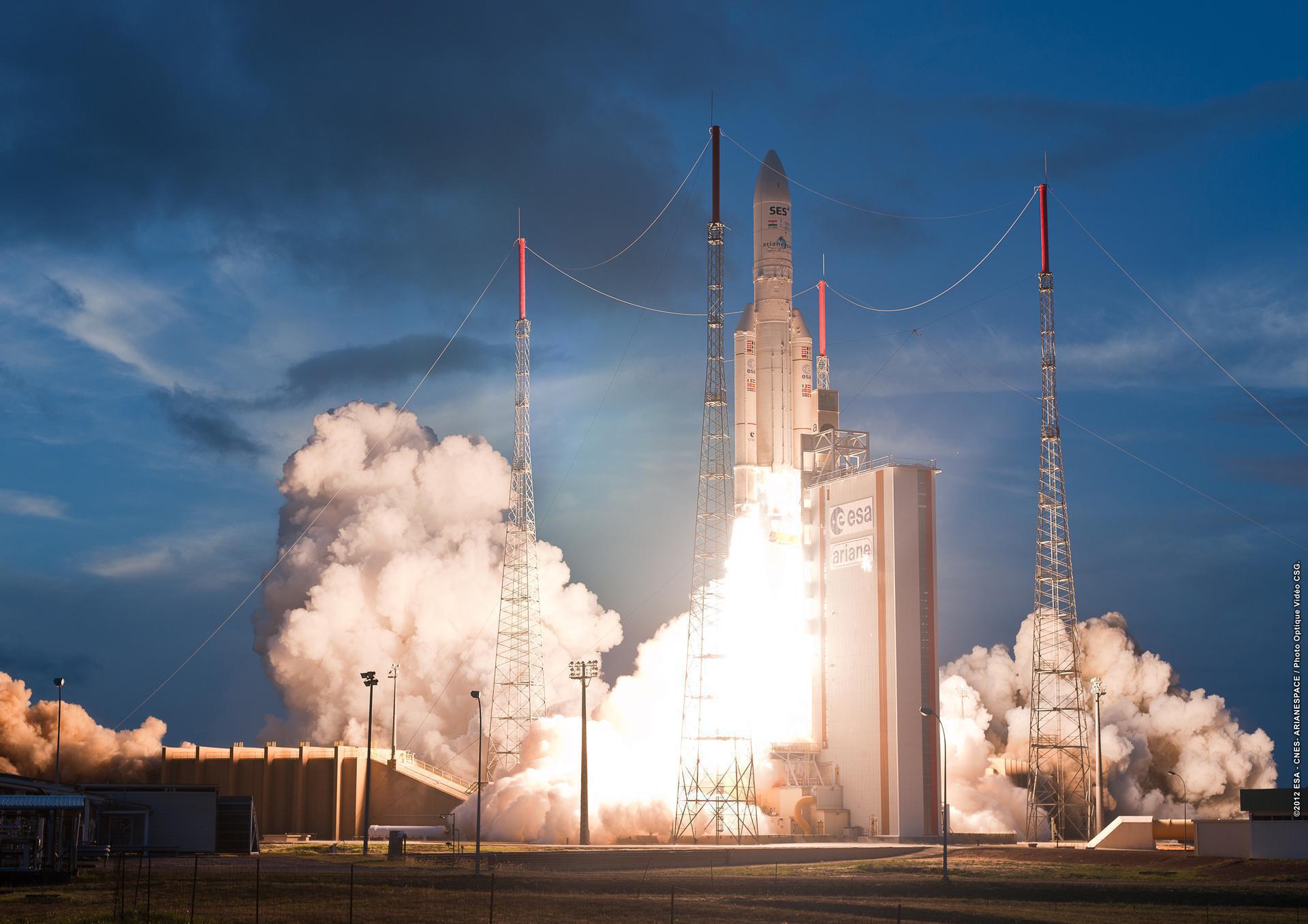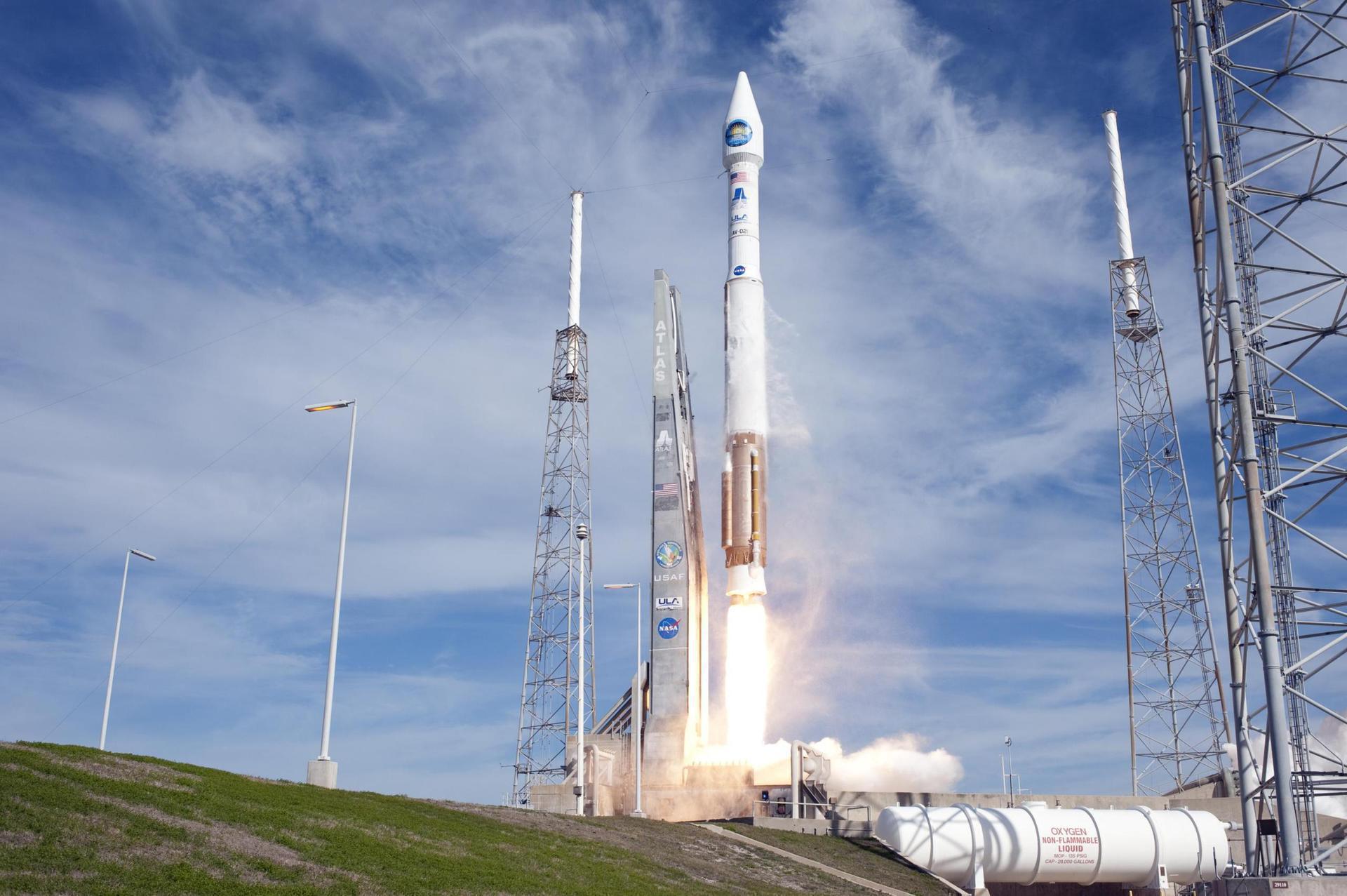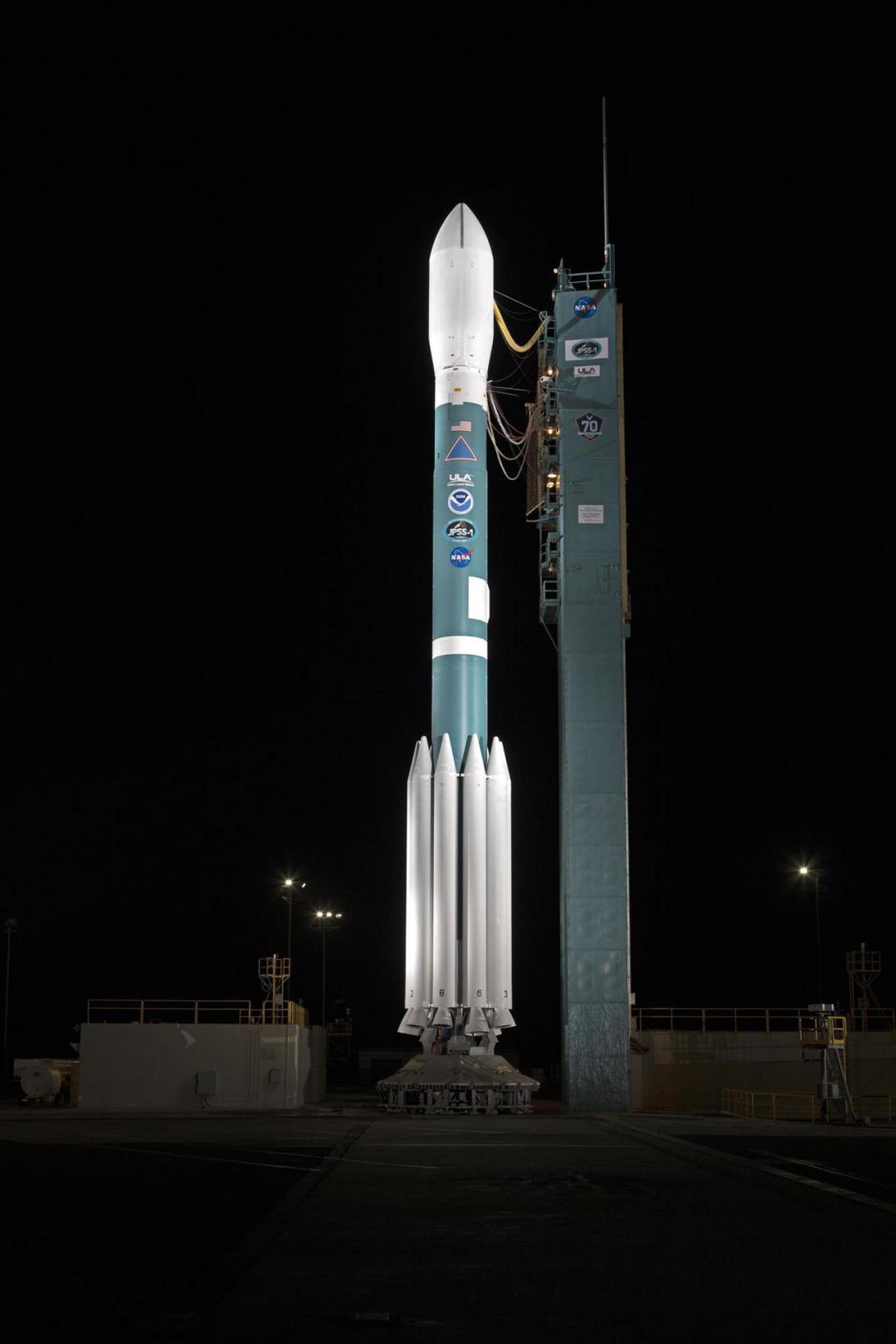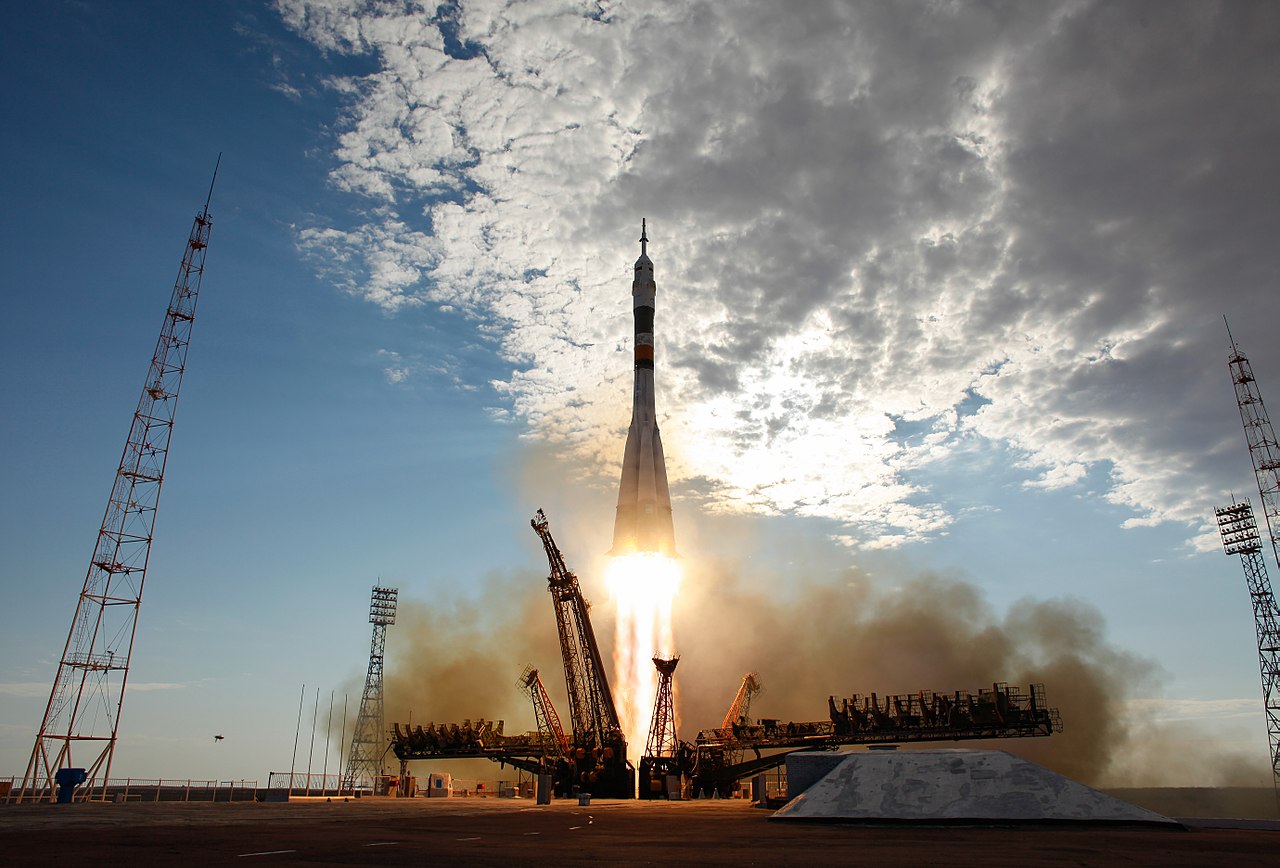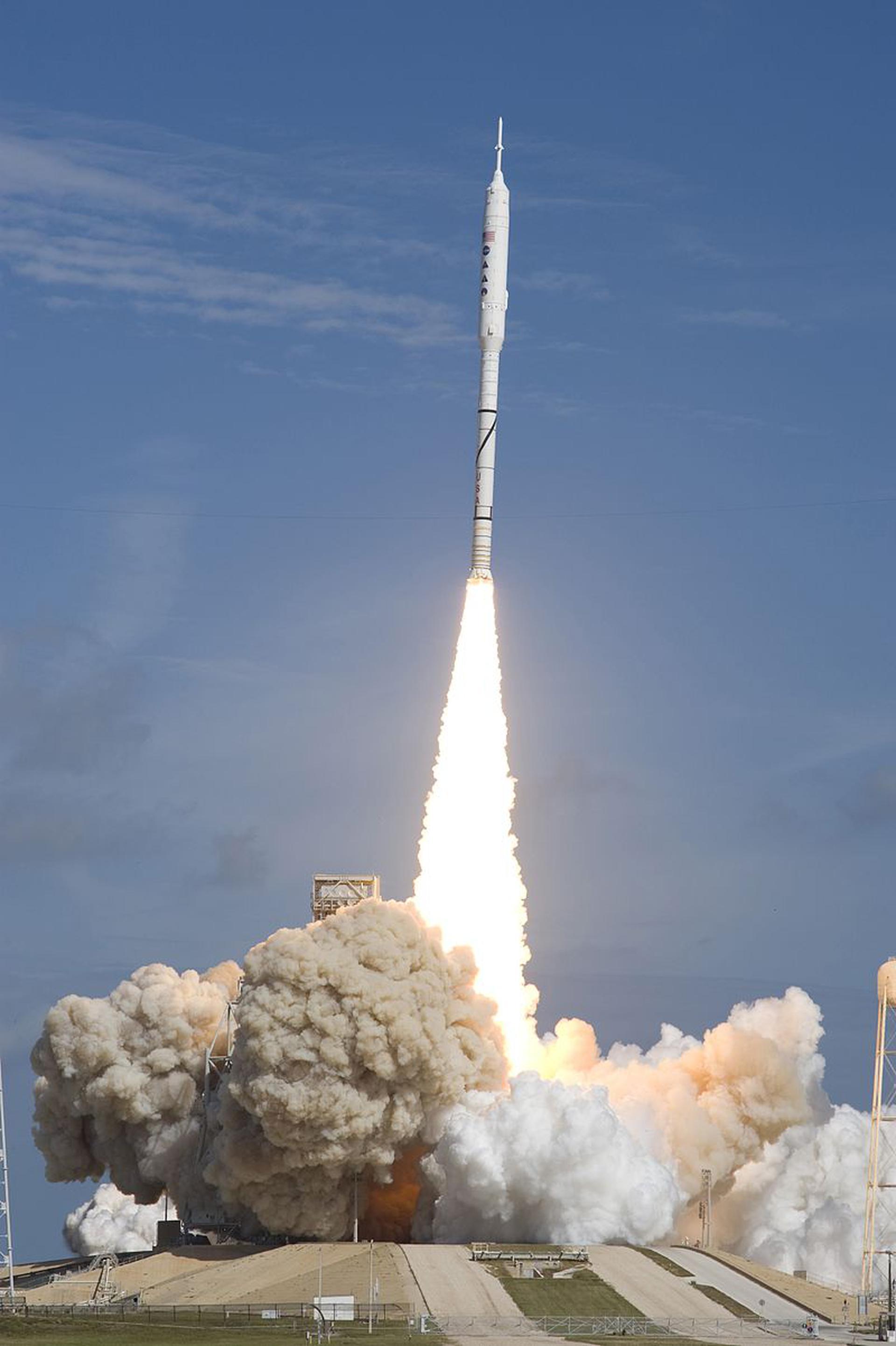Previous Spaceflight Launches
Filter by Agency, Locations or Vehicles
Show All LaunchesLong March 2C | Shi Jian 11-01
China Aerospace Science and Technology Corporation | ChinaJiuquan Satellite Launch Center, People's Republic of China
Nov. 12, 2009, 2:45 a.m.
Soyuz U | Progress M-MIM2
Russian Federal Space Agency (ROSCOSMOS) | RussiaBaikonur Cosmodrome, Republic of Kazakhstan
Nov. 10, 2009, 2:22 p.m.
Rokot / Briz-KM | SMOS
Russian Aerospace Defence Forces | RussiaPlesetsk Cosmodrome, Russian Federation
Nov. 2, 2009, 1:50 a.m.
Ariane 5 ECA | NSS-12 & Thor 6
ArianeGroup | FranceGuiana Space Centre, French Guiana
Oct. 29, 2009, 8 p.m.
Status: Launch Successful
Mission:
NSS-12 is used to provide communications services for telecommunications providers, broadcasters, corporations and governments in Europe, Africa, the Middle East, India and other parts of Asia. It operates as 57 degrees East. Thor 6 is a Telenor satellite providing direct to home television services to Central and Eastern Europe from 1 degree West.
Geostationary Transfer OrbitAtlas V 401 | DMSP-5D3 F18 (USA-210)
United Launch Alliance | United States of AmericaVandenberg SFB, CA, USA
Oct. 18, 2009, 4:12 p.m.
Soyuz U | Progress M-03M
Russian Federal Space Agency (ROSCOSMOS) | RussiaBaikonur Cosmodrome, Republic of Kazakhstan
Oct. 15, 2009, 1:14 a.m.
Delta II 7920-10C | WorldView-2
United Launch Alliance | United States of AmericaVandenberg SFB, CA, USA
Oct. 8, 2009, 6:51 p.m.
Ariane 5 ECA | Amazonas 2 & COMSATBw-1
ArianeGroup | FranceGuiana Space Centre, French Guiana
Oct. 1, 2009, 9:59 p.m.
Status: Launch Successful
Mission:
Amazonas 2 is a communications satellite serving civilians broadband in North, Central and South America. Operates at 61 degrees West. COMSATBw 1 is a satellite providing German military communications for voice and fax as well as advanced data, video and multimedia.
Geostationary Transfer OrbitSoyuz-FG | Soyuz TMA-16
Progress Rocket Space Center | RussiaBaikonur Cosmodrome, Republic of Kazakhstan
Sept. 30, 2009, 7:14 a.m.
Status: Launch Successful
Mission:
Soyuz TMA-16 begins Expedition 21 by carrying 3 astronauts and cosmonauts to the International Space Station. Russian Commander, cosmonaut Maksim Surayev alongside Flight Engineer, Jeffrey Williams (NASA) & spaceflight participant Guy Laliberté (Spaceflight Adventures, Canada) will launch aboard the Soyuz spacecraft from the Baikonur Cosmodrome in Kazakhstan and then rendezvous with the station. It landed on March 18, 2010, 11:24 UTC
Low Earth OrbitAres I | Ares I-X
National Aeronautics and Space Administration | United States of AmericaKennedy Space Center, FL, USA
Sept. 28, 2009, 3:30 p.m.
Status: Launch Successful
Mission:
The Ares I-X vehicle used in the test flight was similar in shape, mass, and size to the planned configuration of later Ares I vehicles, but had largely dissimilar internal hardware consisting of only one powered stage. Ares I vehicles were intended to launch Orion crew exploration vehicles. Along with the Ares V launch system and the Altair lunar lander, Ares I and Orion were part of NASA's Constellation Program, which was developing the spacecraft for U.S. human spaceflight after the Space Shuttle fleet was retired.
Suborbital